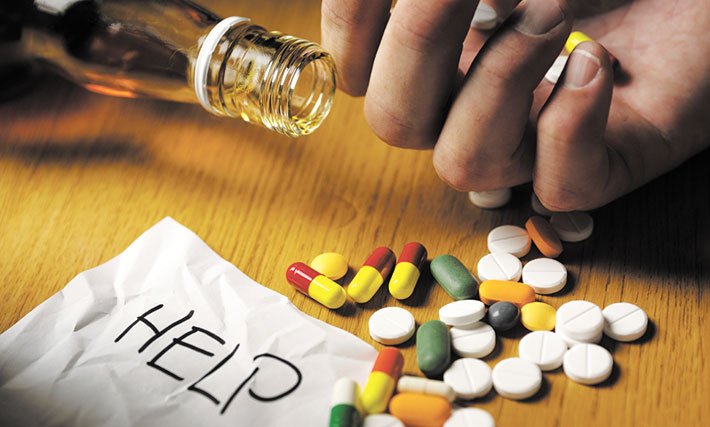Drug addiction is the non-medical and repeated use of a drug that constitutes a danger to the user. All drugs can be dangerous and should be treated with extreme prudence, breaking certain current fashions that tend to enhance their use. Drugs have been extracted from a huge variety of silvers [7], but an important group of groups, including Morphine and heroin, are derived from the opium poppy and are called opiates [Key]. Recently new addictive drugs have been developed in laboratories.
Addicts who can not pay for their habit (tolerance to opioids develops rapidly, meaning that ever-increasing doses are needed) often resort to crime to fund their addiction. Deprived of its dose, the addict experiences a serious restlessness, vomiting, diarrhea and insomnia, eight to twelve hours after his last dose. Such symptoms last between three and seven days and can cause death. Complications of drug addiction include overdose, liver injury, septicemia and pneumonia.
Dependence on soft drugs (barbiturates and less intense tranquilizers) is a serious problem, given its popularity in the treatment of insomnia [5] and anxiety. Such drugs differ in their ability to produce tolerance and physiological dependence, but their use, depending on their personality and the social pressures involved, can lead to the abuse of other drugs, such as opiates.

Sort: Trending